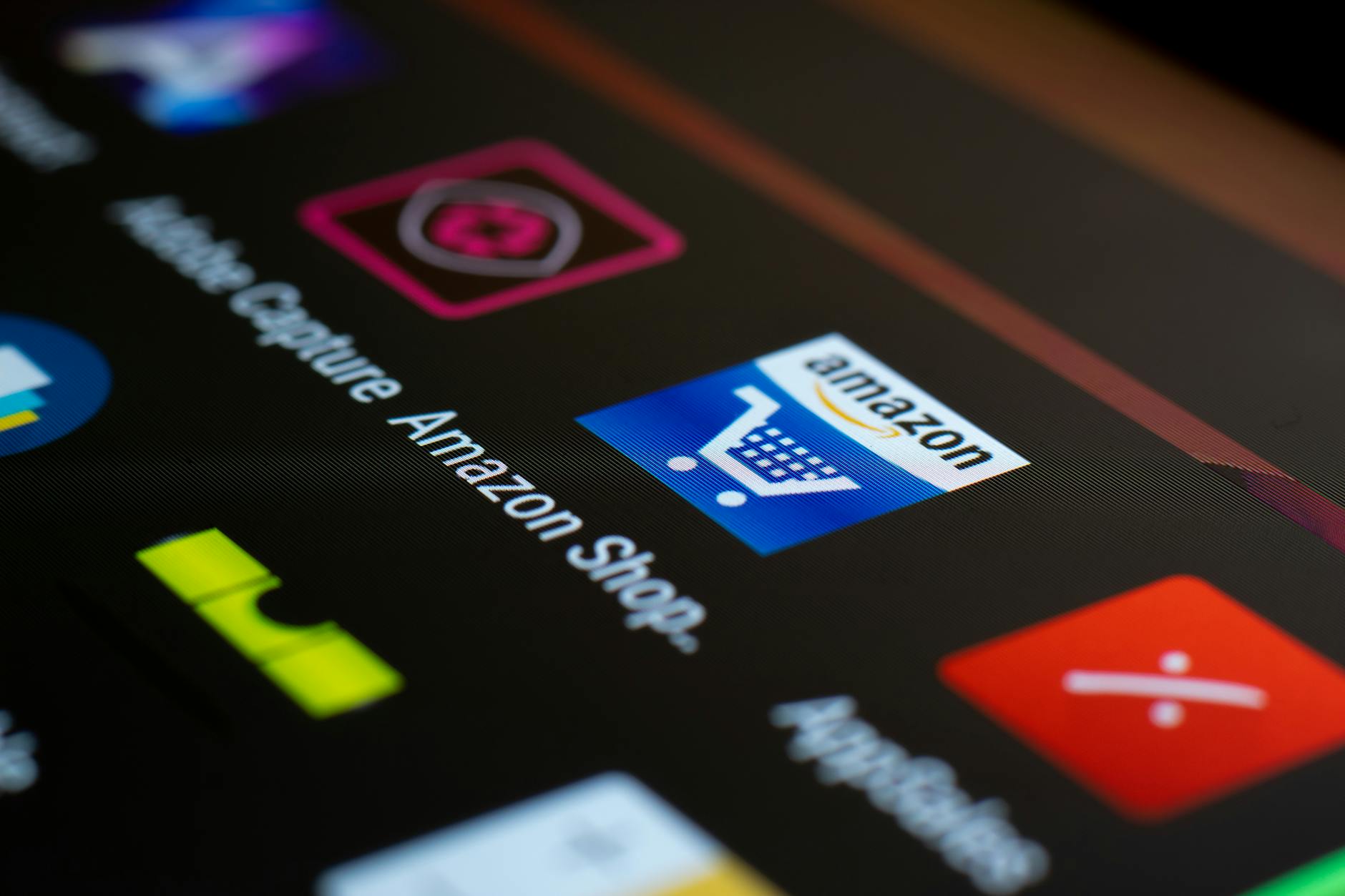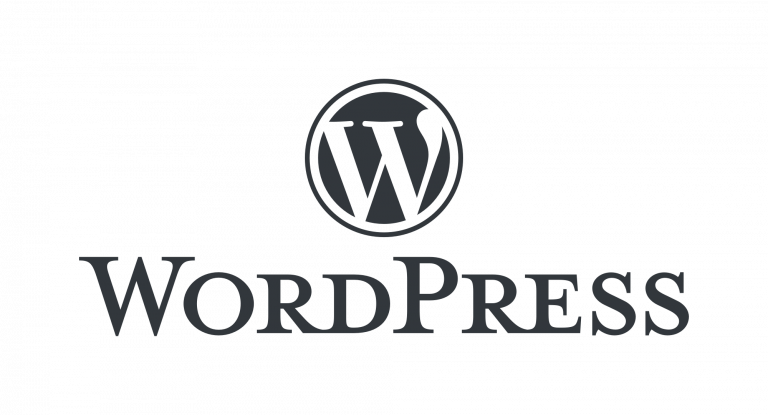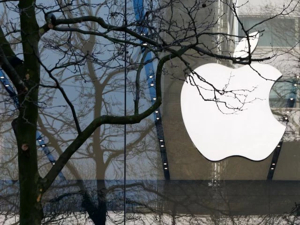Impact of Tariffs on Amazon Prices: What You Need to Know
The White House and Amazon found themselves in an unprecedented public standoff this week after reports surfaced that the e-commerce giant planned to display tariff costs next to product prices-a move the Trump administration condemned as “hostile and political.” The controversy, which prompted a direct phone call between President Donald Trump and Amazon founder Jeff Bezos, underscores deepening tensions between the administration and corporate America over aggressive trade policies.
The Controversy Explained
On April 29, Punchbowl News reported that Amazon would soon show how much of a product’s price stemmed from Trump’s tariffs, particularly on its Haul platform for items under $20. The plan aimed to highlight the financial impact of tariffs, which include a 145% levy on Chinese imports and a 10% baseline tax on goods from other nations.
Within hours, White House Press Secretary Karoline Leavitt launched a scathing rebuke: “This is a hostile and political act by Amazon,” she stated, adding that the company had “partnered with a Chinese propaganda arm”. President Trump personally called Bezos to express frustration, with aides describing him as “p*ssed” about the potential consumer backlash.
Amazon swiftly denied the reports. Spokesperson Tim Doyle clarified that while the Haul team had “considered the idea of listing import charges,” it was “never approved and is not going to happen”.
Key Players and Motivations
The White House’s Stance
Leavitt framed Amazon’s alleged plan as un-American, asking why the company hadn’t acted similarly during the Biden administration’s inflationary period. She displayed a 2021 Reuters article about Amazon complying with Chinese censorship demands as evidence of the company’s “collaboration” with Beijing.
Amazon’s Position
The company emphasized that the proposal was limited to Haul-a subdomain launched in 2024 to compete with Chinese rivals like Temu and Shein. With 60% of Amazon sales coming from third-party sellers reliant on Chinese imports, tariffs pose a significant threat to its low-cost business model.
Jeff Bezos’ Role
Bezos attended Trump’s 2025 inauguration and previously praised his leadership, but this incident reveals fraying ties. The Washington Post, owned by Bezos, notably declined to endorse any candidate in 2024-a break from its 36-year tradition.
Broader Implications
For Consumers
Trump’s tariffs risk inflating prices on everyday goods, from electronics to apparel. The National Retail Federation ranks Amazon as America’s second-largest retailer, making it a bellwether for how tariffs affect household budgets.
For U.S.-China Trade
The administration recently eliminated the “de minimis” exemption, which allowed duty-free imports under $800. This change disproportionately impacts Chinese retailers like Shein, which ship millions of small packages to U.S. consumers monthly.
Corporate-Government Relations
The clash reflects growing corporate unease with Trump’s trade agenda. As one anonymous official noted, “Why should a multi-billion dollar corporation shift costs onto consumers?”-a sentiment at odds with CEOs warning that tariffs create “unprecedented uncertainty”.
Timeline of Events
- April 29 Morning: Punchbowl reports Amazon’s tariff pricing plan.
- Late Morning: Trump calls Bezos; White House issues statement.
- Afternoon: Amazon denies plan, limits discussion to Haul platform.
- Evening: Leavitt doubles down during press briefing, ties Amazon to China.
Expert Analysis
Economic Impact
Economists warn that tariffs function as regressive taxes, disproportionately affecting low-income households. With U.S. crude prices already down 20% since Trump’s inauguration, inflationary pressures could worsen.
Political Calculus
The administration’s aggressive response suggests concern about midterm messaging. By framing Amazon’s action as “political,” Trump positions himself as a protector of American workers against corporate and foreign interests.
Legal Precedent
This incident tests the boundaries of presidential influence over private companies. Trump’s direct intervention contrasts with traditional norms of corporate-government relations.
What’s Next?
- Supply Chain Shifts: Companies like Temu may raise prices or absorb costs.
- Regulatory Scrutiny: Amazon’s compliance with Chinese censorship rules could face congressional investigation.
- 2026 Midterms: Tariffs will likely remain a central issue, with Democrats framing them as economically harmful.
Quotes
- Karoline Leavitt: “This underscores our commitment to reshoring vital supply chains… promoting domestic manufacturing”.
- Tim Doyle (Amazon): “This was never approved and is not going to happen”.
- Anonymous White House Official: “He was certainly upset. Why should a multi-billion dollar corporation shift costs onto consumers?”.
Conclusion
While Amazon averted a policy confrontation, the episode reveals the volatile intersection of trade, technology, and politics in Trump’s second term. As businesses navigate rising protectionism, transparency initiatives-even abandoned ones-risk becoming geopolitical flashpoints. With Trump vowing to “reshore” U.S. manufacturing, companies must balance consumer interests with political realities in an increasingly polarized landscape.
Citations:
[1] https://www.cnn.com/2025/04/29/business/white-house-calls-report-that-amazon-is-adding-a-tariff-charge-a-hostile-action/index.html
[2] https://www.axios.com/2025/04/29/tariffs-amazon-prime-day-sellers-report
[3] https://apnews.com/article/amazon-tariff-prices-trump-white-house-8598569632263872a6c04f7ef330c0fd
[4] https://www.usatoday.com/story/news/politics/2025/04/29/amazon-tariff-costs-trump-white-house/83340801007/
[5] https://www.npr.org/2025/04/29/nx-s1-5380935/amazon-tariffs







